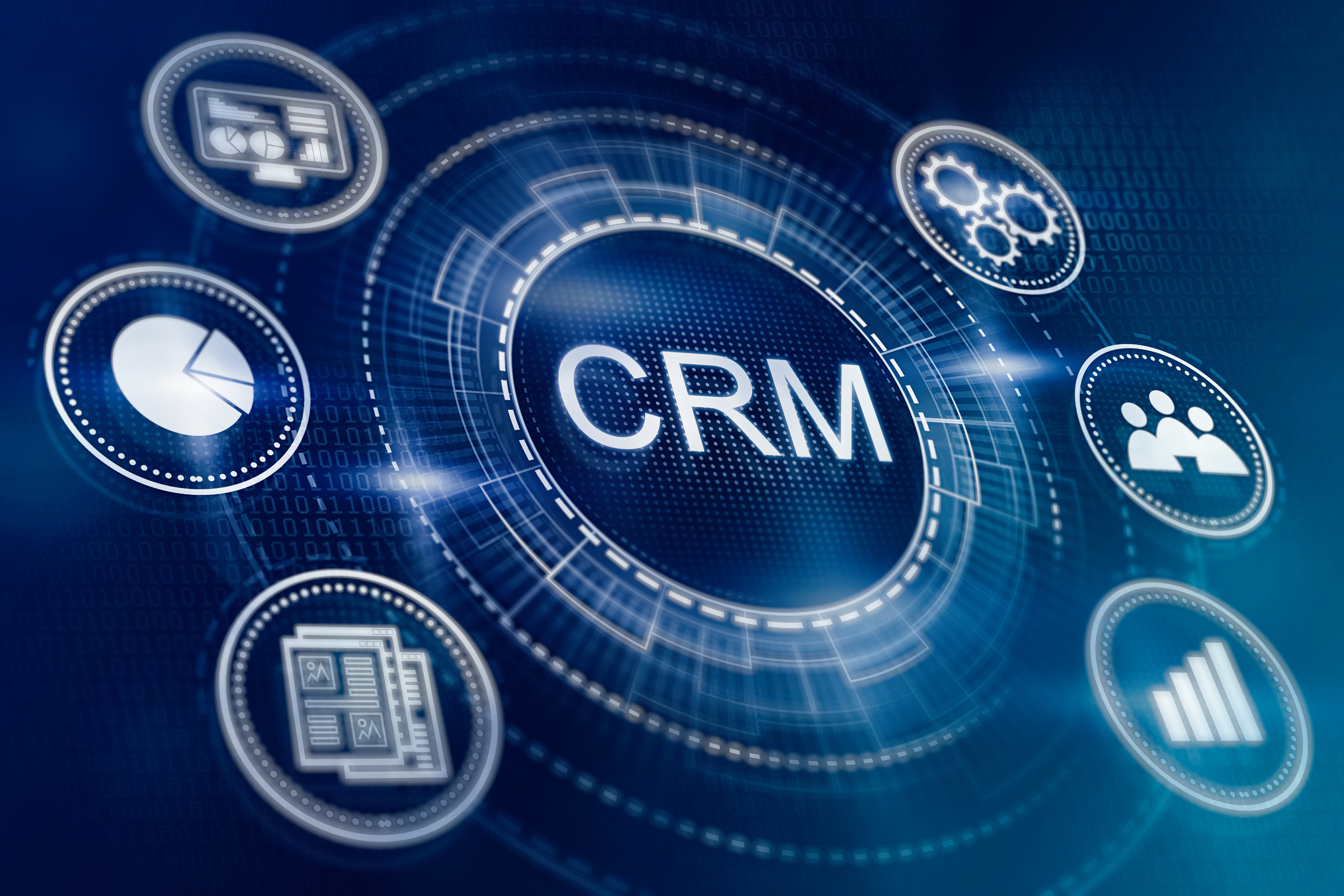How CRM Software Is Transforming the Mortgage Industry for Brokers and Lenders
In today’s fast-paced digital landscape, businesses must do more than just attract leads they must nurture them through every stage of the customer journey. This is where marketing automation becomes essential. For startups and small businesses especially, choosing the best marketing automation software is not just about saving time it’s about driving growth, improving customer relationships, and staying ahead of the competition.
Combining the power of automation with CRM creates a unified system that allows businesses to manage leads, personalize communication, and measure performance all in one place. Whether you’re looking for the best CRM with marketing automation or simply need automated marketing tools to improve outreach, the right platform can help you scale smarter and faster.
What is Marketing Automation?
Marketing automation refers to the use of software to automate repetitive marketing tasks such as email campaigns, social media scheduling, lead nurturing, and more. It ensures that businesses can stay engaged with prospects and customers without relying on constant manual input.
Key features typically include:
- CRM integration
- Email marketing automation
- Lead scoring and segmentation
- Customer journey mapping
- Campaign analytics
Why Small Businesses Need Marketing Automation
While large enterprises have long embraced automation, small business marketing automation software is now more accessible and affordable than ever. Here’s why it’s vital:
Improved Lead Management
Automation tools allow small businesses to track and manage leads efficiently, ensuring that no opportunity is missed and every lead receives timely communication.
Consistent Engagement
Scheduled email campaigns, automated follow-ups, and triggered responses help maintain regular contact with customers, enhancing trust and loyalty.
Increased Productivity
By automating routine tasks, teams can focus on strategy, creativity, and building customer relationships.
Better Data Insights
Most platforms offer analytics dashboards, allowing businesses to track engagement, understand audience behavior, and optimize campaigns in real time.
Key Features to Look for in the Best Marketing Automation Software
When evaluating the top marketing automation platforms, here are the features to prioritize:
CRM Integration
Look for platforms that combine both CRM and marketing automation. This unifies customer data and streamlines communication across sales and marketing teams.
Email Campaign Automation
One of the core functions of marketing automation. Ensure the tool allows segmentation, personalization, A/B testing, and performance tracking.
Lead Scoring and Segmentation
Automatically rank leads based on behavior, engagement, or demographics. This helps sales teams prioritize follow-up efforts.
Multi-Channel Automation
The best platforms go beyond email look for those that support SMS, social media, web push notifications, and more.
Workflow Builder
A visual workflow builder helps create customer journeys using if/then logic. This feature is especially helpful for nurturing leads automatically based on behavior.
Reporting and Analytics
Real-time reporting is essential for optimizing campaigns. Choose tools that offer in-depth analytics on open rates, conversions, ROI, and more.
Benefits of Integrating CRM and Marketing Automation
Choosing the best CRM for marketing automation provides numerous benefits:
- Improved Customer Experience: Unified customer data allows for personalized engagement at every touchpoint.
- Sales and Marketing Alignment: Helps both teams work with the same data, reducing miscommunication.
- Better Forecasting: Advanced analytics help predict customer behavior and campaign outcomes.
- Streamlined Workflows: Automation reduces manual entry and repetitive tasks.
- Higher Conversion Rates: Targeted messaging and lead nurturing improve conversion efficiency.
How to Choose the Best Automated Marketing Tools
Selecting the right platform depends on your business goals, budget, and team capabilities. Here’s a step-by-step guide:
- Define Your Goals: Do you want more leads? Higher engagement? Increased sales?
- Assess Your Budget: Some tools offer free plans, while others require monthly or annual subscriptions.
- List Required Features: Prioritize what you need most email automation, CRM, SMS, analytics, etc.
- Try Demos or Free Trials: Many platforms offer trials. Test the interface and features to ensure a good fit.
- Consider Scalability: Choose a tool that can grow with your business needs over time.
- Check Support Options: Reliable customer support is crucial for onboarding and troubleshooting.
Common Mistakes to Avoid When Using Marketing Automation
- Over-automation: Don’t forget the human touch. Automation should enhance—not replace customer relationships.
- Ignoring Data: Use insights from your campaigns to continually improve performance.
- Not Segmenting Contacts: Sending the same message to everyone can reduce engagement. Tailor your messages to each segment.
- Failing to Align Sales and Marketing: Make sure both teams collaborate and use the same tools and data.

Conclusion
As digital marketing continues to evolve, automation is no longer a luxury it’s a necessity. The best marketing automation software empowers businesses to connect with customers at scale, streamline operations, and drive revenue. For small businesses, the right combination of CRM and marketing automation can be a game-changer, providing the tools needed to compete effectively in today’s marketplace.
Whether you’re just getting started or ready to scale, investing in top marketing automation platforms will improve efficiency, enhance customer experiences, and set your brand up for long-term success.
Frequently Asked Questions (FAQ)
Yes. Many platforms now combine both CRM and marketing automation into one system. This integration provides better data visibility and improves lead nurturing and customer retention.
No. While email is a core feature, many platforms also automate SMS, social media, web notifications, and more.
CRM is focused on managing customer relationships and sales pipelines, while marketing automation is designed to nurture leads through campaigns and communication. When combined, they offer a full-funnel solution.
Most modern platforms offer drag-and-drop interfaces and visual builders, making them user-friendly even for non-technical users.
Prices vary widely. Basic plans may start at $10–$30/month, while advanced platforms with full CRM integration can cost hundreds monthly depending on features and scale.




